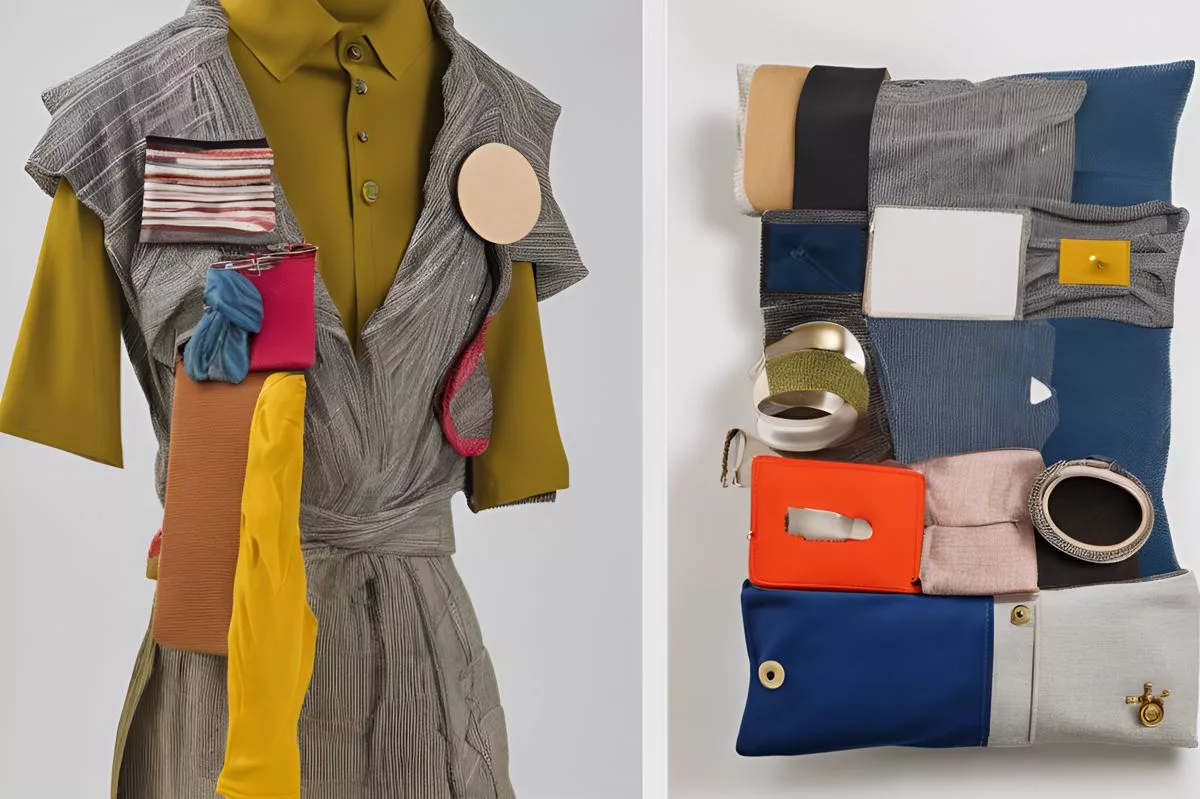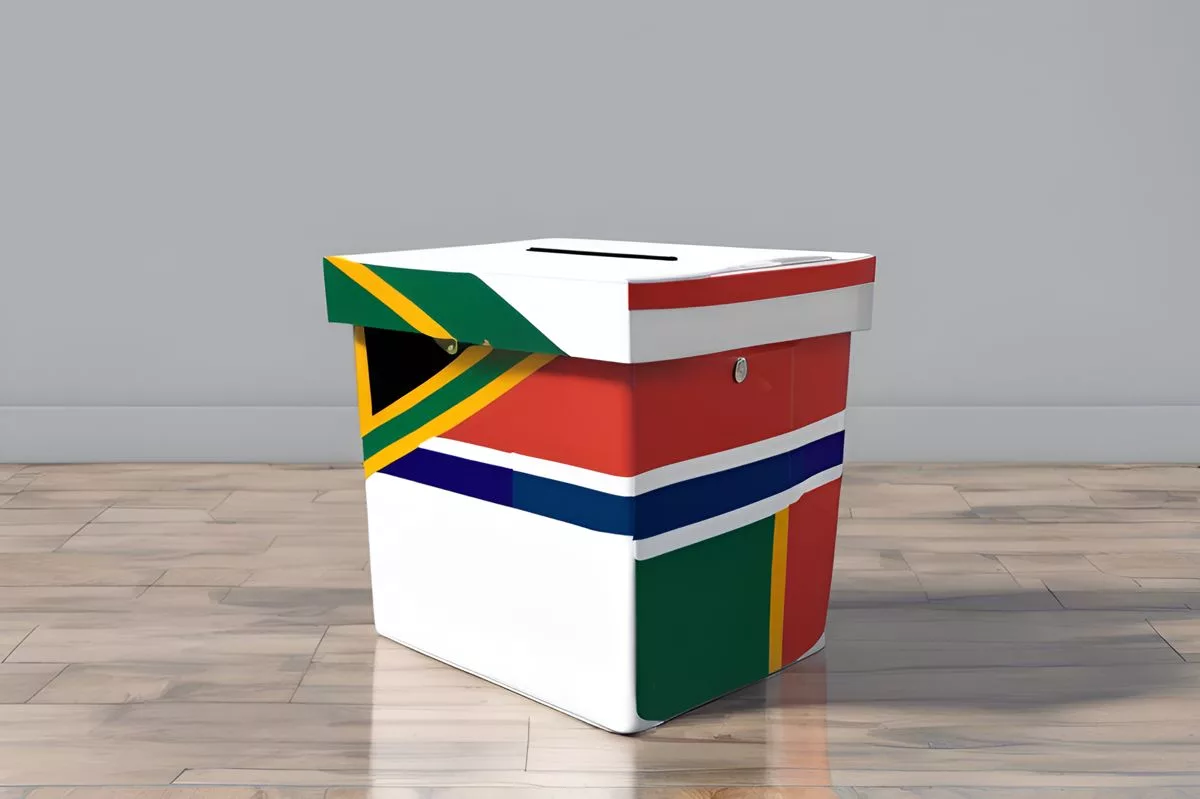Four eco-innovation pioneers stand out at Bay Harbour Market in South Africa, showcasing profitable and sustainable models for operations. They address issues such as textile waste, carbon footprint, and plastic pollution while empowering local communities and promoting creative thinking towards a greener tomorrow. These green pioneers prove that sustainability is a feasible and profitable avenue that fosters community, creativity, and care for the environment.
What are the eco-innovation pioneers in South Africa?
Four unique players at Bay Harbour Market stand out for their sustainable initiatives in South Africa. LEZA, Peaches Skateboarding, Labels for Less, and the Re.Bag.Re.Use project showcase profitable and sustainable models for operations. They address issues such as textile waste, carbon footprint, and plastic pollution while empowering local communities and promoting creative thinking towards a greener tomorrow. These green pioneers prove that sustainability is a feasible and profitable avenue that fosters community, creativity, and care for the environment.
South Africa’s Environmental Awareness and Advocacy
As global attention pivots towards the preservation of our natural world during June, the National Environment Month, South Africa finds itself in the spotlight with its administration and business icons taking the lead in dealing with environmental issues. They are motivating citizens to become advocates of change, underlining the vital importance of environmental conservation as it provides the necessary sustenance for humans, fauna, and flora. This dedication is showcased during the annual World Environment Day on the 5th of June – a day set apart for advocating measures to safeguard our environment.
The Bay Harbour Market’s Sustainable Initiatives
Within this wave of eco-awareness, four unique players at Bay Harbour Market stand out, integrating sustainability into their business operations. These green traders, in conjunction with the applauded Re.Bag.Re.Use project in Hout Bay, have converted their passions into profitable ventures which effectively meet their financial and environmental obligations.
LEZA, the brainchild of eco-friendly designer Jodi Leza Thurtell, is a shining example in the sphere of sustainable fashion. Thurtell addresses the issue of textile waste, a pervasive problem affecting numerous industries globally, by reusing it to create stylish attire, accessories, and home decor. In Cape Town alone, a staggering 70,000 tons of textile waste find their way into dumpsites each year. LEZA’s mission extends beyond just addressing the present waste problem to showcasing a profitable model for sustainable operations. Thurtell’s vision goes beyond upcycling workshops and online resources—it encompasses collaborations that transform waste into new products.
Local Ventures Shaping the Eco-friendly Landscape
Grounded in the local community is Peaches Skateboarding, an enterprise by Dante Bazzea, a local skateboard designer and street skater. This business, deeply connected with Cape Town’s vibrant skater community, is committed to serving the community. Through a deck exchange initiative, they donate operational skateboards to Ziyaad’s Skate School in Hout Bay. Importing high-quality decks from Canada might be a hurdle, but the company upholds its commitment to sustainability by reducing its carbon footprint through local production and supporting inventive repurposing projects.
Another commendable enterprise is Labels for Less, a second-hand store established by Melanie Spickernell. By retailing pre-owned and end-of-range products, it contributes to environmental conservation while providing quality items at affordable prices. Labels for Less also backs charity stores and contributes to DARG, even occasionally making purchases from charitable stores. Furthermore, it offers shopping vouchers in return for clothing, thereby promoting recycling among its patrons.
Creative Sustainability and Empowerment
Lastly, the Re.Bag.Re.Use project presents an inventive solution to the plastic problem. This project provides women from Imizamo Yetho in Hout Bay with the chance to repurpose empty bread bags into an array of products. To date, they have recycled the plastic equivalent of 82,775 bread bags, showcasing a perfect amalgamation of inventiveness, sustainability, and empowerment. However, the project faces hurdles due to the presence of food-contaminated plastic. To tackle this issue, they plan to partner with businesses to reuse their plastic waste.
These green pioneers embody Thurtell’s belief that “even the smallest steps towards sustainability can accumulate into significant change.” Their initiatives serve as motivation for others to engage in creative thinking and take the initial step towards a greener tomorrow. Through their efforts, they’re proving that sustainability isn’t just a duty, but a feasible and profitable avenue that fosters community, creativity, and care for the environment.
Who are the four eco-innovation pioneers at Bay Harbour Market in South Africa?
The four eco-innovation pioneers at Bay Harbour Market in South Africa are LEZA, Peaches Skateboarding, Labels for Less, and the Re.Bag.Re.Use project. They showcase profitable and sustainable models for operations, address issues such as textile waste, carbon footprint, and plastic pollution while empowering local communities.
What is the National Environment Month in South Africa?
The National Environment Month is celebrated in South Africa during June, where the administration and business icons take the lead in dealing with environmental issues. It motivates citizens to become advocates of change, underlining the vital importance of environmental conservation.
What are some sustainable initiatives at Bay Harbour Market?
Four unique players at Bay Harbour Market stand out for their sustainable initiatives: LEZA, Peaches Skateboarding, Labels for Less, and the Re.Bag.Re.Use project. They have integrated sustainability into their business operations, addressing issues such as textile waste, carbon footprint, and plastic pollution while empowering local communities.
What is LEZA and what does it do?
LEZA is a sustainable fashion brand founded by Jodi Leza Thurtell. It addresses the issue of textile waste by reusing it to create stylish attire, accessories, and home decor. It showcases a profitable model for sustainable operations and collaborates with others to transform waste into new products.
What is Labels for Less and what does it do?
Labels for Less is a second-hand store established by Melanie Spickernell. It retails pre-owned and end-of-range products, contributes to environmental conservation, and provides quality items at affordable prices. It also backs charity stores and contributes to DARG while promoting recycling among patrons.
What is the Re.Bag.Re.Use project and what does it do?
The Re.Bag.Re.Use project provides women from Imizamo Yetho in Hout Bay with the chance to repurpose empty bread bags into an array of products. They have recycled the plastic equivalent of 82,775 bread bags, showcasing inventiveness, sustainability, and empowerment. They plan to partner with businesses to reuse food-contaminated plastic waste.












